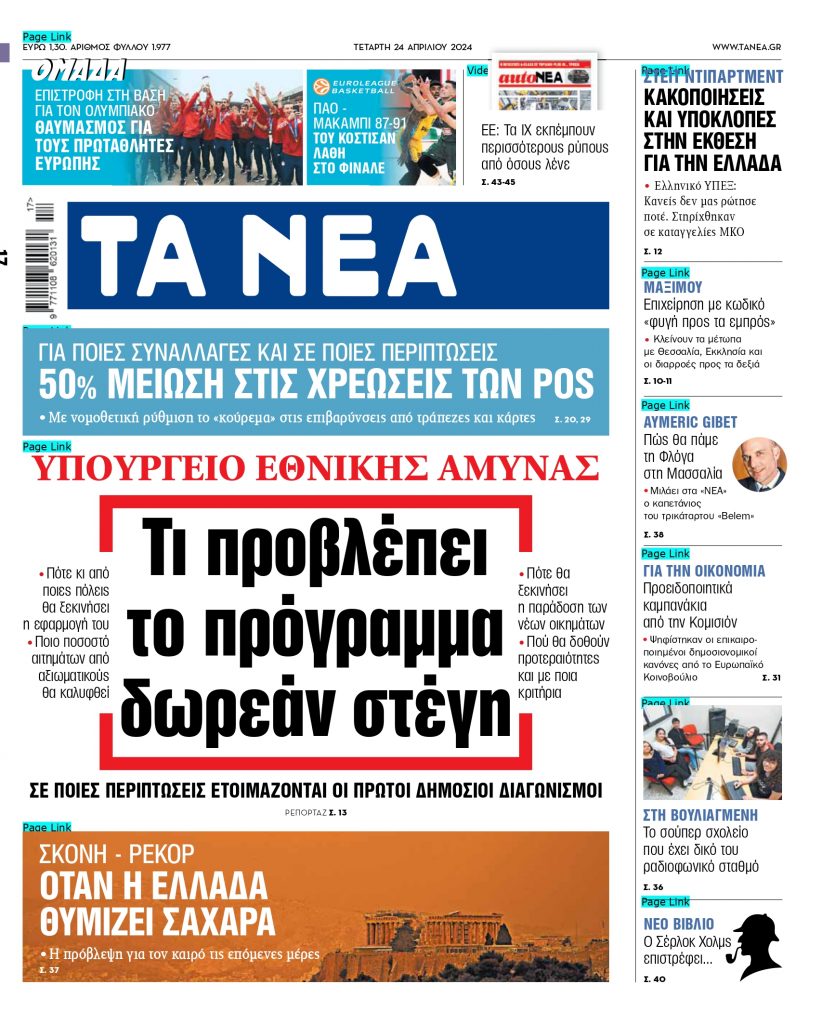Two or three days ago, Ta Nea’s editorial might have been entitled “An accounting”.
We would have written that Russian President Vladimir Putin has become the focus of international attention, has brought foreign leaders and ministers to Moscow, has destabilised Ukraine, and has secured commitments from the West for an arms reduction and an indefinite postponement of NATO’s plans to expand, without firing a single shot.
For his part, US President Joe Biden – without accepting any of the written concessions Putin demanded of him – rallied together all of the West, “resurrected” NATO, tempered the negative impressions that he had created with the chaotic withdrawal of American troops from Afghanistan, and signaled to China that it would do well not to underestimate him.
However, the optimism bred by the Kremlin’s announcement that it is withdrawing certain forces from the Russia-Ukraine border proved to be premature.
Counter-espionage information showed that other Russian forces are ready to wage war. Bombings in eastern parts of Ukraine controlled by Moscow could function as a pre-announced pretext for a Russian invasion.
Such an eventuality would result in extremely grave repercussions for everyone. It must be averted.
Solutions exist. Summit meetings can be held and assurances can be offered.
As French Foreign Minister Jean-Yves Le Drian stated, Putin’s basic dilemma is whether to be a permanent troublemaker or to be a leading div and a partner in planning a new framework of stability and security in Europe.
If he chooses the former, one cannot rule out a war to defend not so much Ukraine, but Western values. If he chooses the latter, that may be the dawning of a new era of cooperation and trust, and then the great powers can jointly confront the true threats to the planet, chief among which is climate change.

